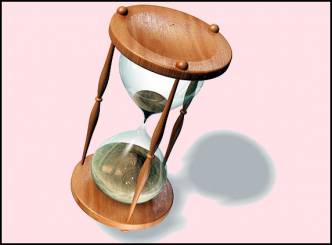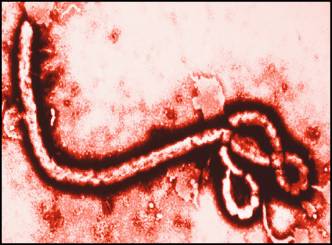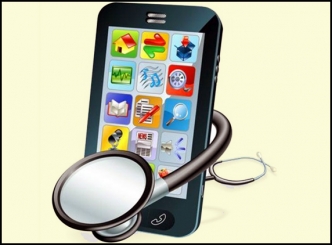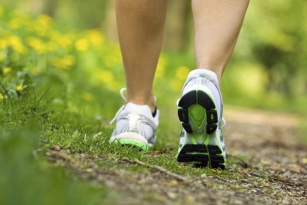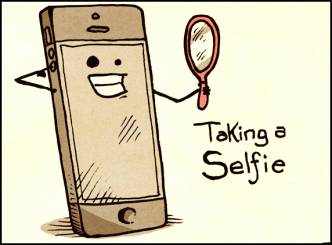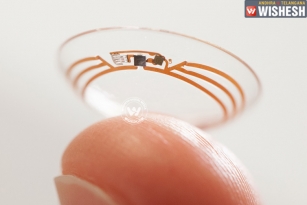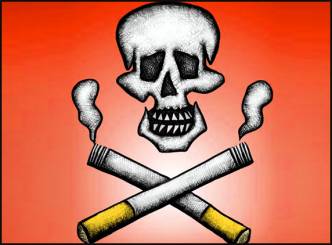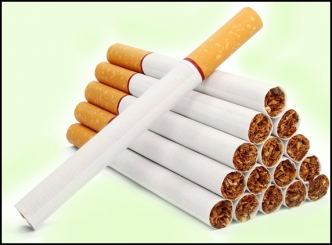
Getting some sleep, even a short afternoon nap, may seem like a good thing for people with sleep disorders. But for those with insomnia and an already decreased desire to sleep at night, midday shut-eye can actually be counterproductive.
So before you curl up on the couch this afternoon, consider whether your quick fix might backfire when you lie down in bed tonight.
Getting through the day
If you don't have a problem getting your z's at night, a quick nap can work wonders to pull you through a tiresome or sleep-deprived day. In fact, a 2008 study found that a 45-minute daytime nap can improve memory function. And previous studies have found that naps can lower blood pressure.
Those who suffer from narcolepsy or shift-work syndrome may also benefit from daytime naps, says James Wyatt, director of the Sleep Disorders Service and Research Center at Rush University Medical Center in Chicago.
Trouble sleeping at night
If you have insomnia, naps present a problem, even if you feel tired during the day. Napping during the day can perpetuate bad sleep habits for people with temporary sleep issues caused by stress, illness, or jet lag too.
"Even just a little bit of a power nap reduces your nighttime sleep drive," says Ralph Downey III, director of the Sleep Disorders Center at Loma Linda University Medical Center in California. "The nap becomes nothing more than another episode of fragmented sleep."



